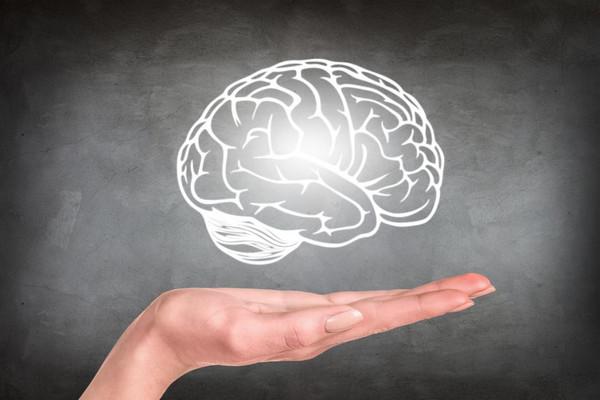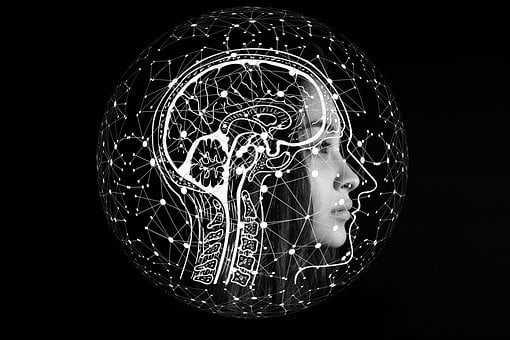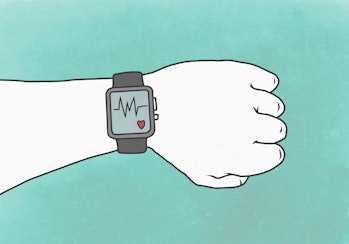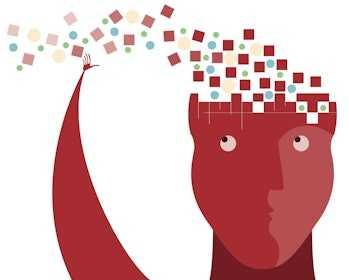Scientists reveal 5 daily activities to boost brain health
Curated from: inverse.com
Ideas, facts & insights covering these topics:
6 ideas
·93.3K reads
394
2
Explore the World's Best Ideas
Join today and uncover 100+ curated journeys from 50+ topics. Unlock access to our mobile app with extensive features.
Keeping Your Brain Healthy
- We can improve every aspect of our lives by keeping our most vital organ, our brain, healthy.
- Exercise is not only good for your body but helps your brain by enhancing many brain structures and functions like the emotion regulating amygdala, and also the prefrontal cortex.
2.38K
18.3K reads
Tea and Brain Health
Drinking tea is good for the brain, helping regulate the age-related decline. It also strengthens the brain connections, the neural network inside the brain, making information processing more efficient.
Even coffee is said to be good to ward off the onset of Alzheimer’s disease.
2.51K
15.9K reads
Better Heart = Better Brain
Anything that is bad for the heart is bad for the brain, including smoking cigarettes, or having a sedentary lifestyle, or having diabetes.
Your blood sugar, body mass index, diet and blood pressure all contribute to the health of your heart, and your brain.
2.32K
14.1K reads
Forget Useless Information
We consume a lot of disposable information every day. Reading the news, or social media, makes our brains overloaded with irrelevant stuff we don’t need.
This also includes past memories that are no longer serving us. Too much information clouds your judgement and decision making.
2.64K
14.7K reads
Drinking A Bit
Consuming low levels of alcohol is associated with a lesser risk of dementia. The key is ‘low dose’. Heavy drinking leads to cognitive decline.
If your alcohol intake is well within limits and occasional, it will improve overall brain health.
2.22K
14.9K reads
Walk For Your Brain Health
Running, jogging and aerobic exercises also help the brain. If you can’t take out time to exercise, a simple walk will do.
Exercise is far better for the brain than sitting and solving brain games, which, according to new research, doesn’t help as much as previously thought.
2.63K
15.3K reads
IDEAS CURATED BY
Passionate tv nerd and lifelong web junkie. I love sleeping. Sleeping is a science and I study it.
Alexandra 's ideas are part of this journey:
Learn more about health with this collection
How to practice effectively
The importance of consistency
How to immerse yourself in the language
Related collections
Similar ideas
13 ideas
Heart Health Guide - Well Guides
nytimes.com
5 ideas
10 ideas
The 8 Best Foods for a Healthy Brain
everydayhealth.com
Read & Learn
20x Faster
without
deepstash
with
deepstash
with
deepstash
Personalized microlearning
—
100+ Learning Journeys
—
Access to 200,000+ ideas
—
Access to the mobile app
—
Unlimited idea saving
—
—
Unlimited history
—
—
Unlimited listening to ideas
—
—
Downloading & offline access
—
—
Supercharge your mind with one idea per day
Enter your email and spend 1 minute every day to learn something new.
I agree to receive email updates





